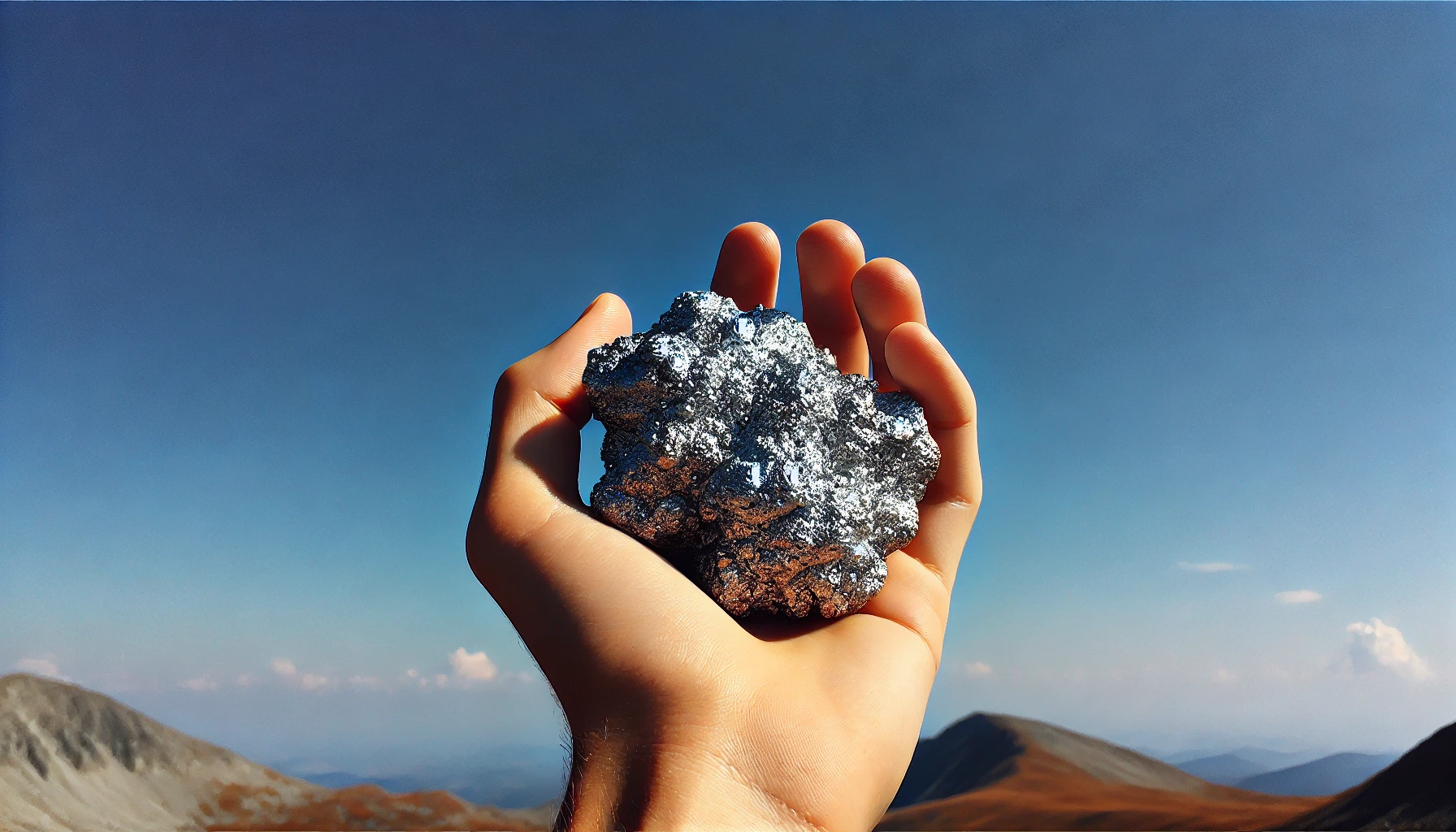
In recent years, innovation in new materials development has seen a significant acceleration. A notable player in this field is Altrove, a French deep-tech startup aiming to be a crucial part of this innovation cycle. The company has successfully raised €3.7 million (approximately $4 million at current exchange rates) to further its ambitious goals.
For enthusiasts of new materials development, several research teams have recently shared groundbreaking advancements in the realm of materials prediction. Historically, the rate of R&D for discovering new materials has been painstakingly slow. According to Thibaud Martin, co-founder and CEO of Altrove, several bottlenecks have hindered progress, with one significant obstacle being the initial prediction of potential new materials.
Martin explained to TechCrunch, “Historically, over the last 50 years, R&D to find new materials has advanced at a very slow pace. There have been several bottlenecks. And an important one has been the starting point — how can you predict if materials made out of a handful of elements can theoretically exist?”
When combining two chemical elements, there are tens of thousands of possible combinations. With three elements, the number of combinations escalates to hundreds of thousands, and with four elements, the possibilities reach into the millions. To overcome these vast calculation constraints, teams from DeepMind, Microsoft, Meta, and Orbital Materials have developed advanced artificial intelligence models. These models predict which new materials could exist in a stable state. Martin noted, “More stable materials have been predicted in the last nine months than in the previous 49 years.”
However, identifying stable materials is just one piece of the puzzle. To manufacture new materials, a precise “recipe” must be developed, detailing proportions, temperatures, sequences, and durations.
“A recipe isn’t just about what you put together. It’s also about the proportions, at what temperature, in what order, for how long. So there are lots of factors, lots of variables involved in how you make new materials,” Martin elaborated.
Altrove is specifically focusing on inorganic materials, starting with rare earth elements. These elements present a significant market opportunity due to their scarcity, price volatility, and the fact that they are predominantly sourced from China. Many companies are looking to diversify their supply chains to reduce dependency on China and avoid regulatory uncertainties.
Altrove’s approach involves selecting promising candidates from the plethora of newly predicted materials and using its AI models to generate potential recipes. The company then tests these recipes individually, producing tiny samples of each material. Using a proprietary characterization technology, Altrove employs an X-ray diffractometer to assess whether the output material meets expectations.
“It sounds trivial but it’s actually very complicated to check what you’ve made and understand why. In most cases, what you’ve made isn’t exactly what you were looking for in the first place,” Martin said.
This is where Altrove stands out. Co-founder and CTO Joonatan Laulainen, who holds a PhD in materials science, is an expert in characterization. The startup owns intellectual property related to this crucial step. Learning from the characterization process to refine recipes is vital for creating new materials. Altrove aims to automate its laboratory to test more recipes simultaneously and accelerate the feedback loop.
“We want to build the first high throughput methodology. In other words, pure prediction only takes you 30% of the way to having a material that can really be used industrially. The other 70% involves iterating in real life. That’s why it’s so important to have an automated lab because you increase the throughput and you can parallelize more experiments,” Martin explained.
Altrove defines itself as a hardware-enabled AI company. It envisions selling licenses for its newly produced materials or manufacturing the materials in partnership with third parties. The €3.7 million funding round was led by Contrarian Ventures, with participation from Emblem and several notable business angels, including Thomas Clozel (CEO of Owkin), Julien Chaumond (CTO of Hugging Face), and Nikolaj Deichmann (founder of 3Shape).
The startup draws inspiration from the biotech industry, where AI is used to discover new drugs and treatments, applying similar principles to new materials discovery. Altrove plans to establish its automated lab by the end of the year and aims to sell its first asset within 18 months.
- Funding and Support: Altrove has raised €3.7 million to further its research and development.
- Focus on Rare Earth Elements: The startup targets inorganic materials, beginning with rare earth elements due to their market potential.
- AI-Driven Prediction: Leveraging AI to predict stable new materials and develop precise recipes.
- Automated Laboratory: Plans to automate its lab to increase throughput and speed up the material development process.
- Future Goals: Aiming to build its automated lab by the end of the year and commercialize its first material asset within 18 months.
| Aspect | Details |
|---|---|
| Funding Raised | €3.7 million |
| Primary Focus | Inorganic materials, rare earth elements |
| Technology Used | AI models for materials prediction and recipe development |
| Key Challenge | Developing precise recipes for new materials |
| Future Plans | Automate lab, increase throughput, sell first asset in 18 months |
Altrove’s innovative approach, combining AI with automated lab processes, positions it at the forefront of new materials development. By overcoming traditional bottlenecks and accelerating the R&D cycle, the startup is poised to make significant contributions to the materials science field and the broader market.
Featured Image courtesy of DALL-E by ChatGPT
